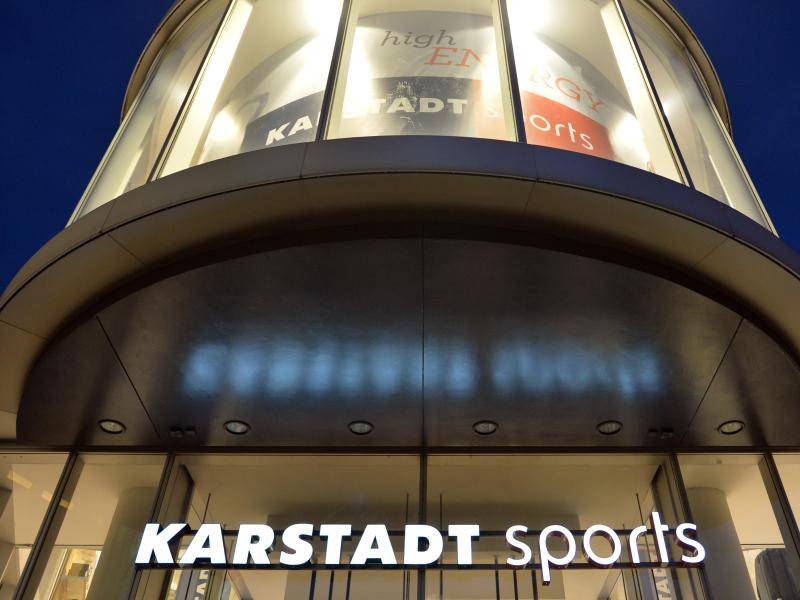Mother and baby fatalities Glucose powder from Cologne pharmacy contained anesthetics
COLOGNE. · The glucose preparation obtained from a Cologne pharmacy and ingested by a 28 year-old mother contained anesthetics. Both the mother and the baby, which was delivered by emergency caesarean section, died of multiple organ failure.
After a 28-year-old mother and her baby died from a toxic glucose preparation from a Cologne pharmacy, the cause of the baby's death is now known. Like the mother, the baby died of multiple organ failure, as senior public prosecutor Ulrich Bremer said. Last Thursday, doctors delivered the baby by emergency caesarean section during the 25th week of pregnancy - which was one of the reasons why its chances of survival were critical.
The toxic addition to the glucose powder was an anesthetic which is used for local anesthesia, but which can lead to poisoning in high doses. The information had been reported by WDR.
The public prosecutor's office is investigating a possible homicide. Investigators of a homicide commission now have to find out how the toxic substance got into the glucose container from which the powder was filled in the Longerich pharmacy. Apparently it was sold almost exclusively to pregnant women who were tested with the solution by specialists for gestational diabetes.
A " two digit number " of employees works in the pharmacy, Bremer said. They are all still being questioned. Investigators are checking work procedures, responsibilities and who had access to the prescription room where the container was. "We have to clarify: Who worked where and when? Who was allowed to work with the substances," said Bremer. The senior public prosecutor stresses that all employees are questioned as witnesses and are not considered accused. The Health Department of the City of Cologne has forbidden the owner of the pharmacy from selling medicines from its own production or filling preparations until further notice, and has ordered that this information be displayed visibly at the pharmacy entrance for all customers. Patients who bought remedies with glucose from the affected pharmacy are asked to bring them to the police.
The Cologne case will also be the subject of the German Pharmacy Day in Düsseldorf on Wednesday. "We are all very affected", says Thomas Preis, Chairman of the North Rhine-Westphalian Association of Pharmacists. He does not want to speculate about how a toxic substance could get into a harmless dextrose powder in Cologne. "That is a matter for the investigating authorities," he says. Preis is convinced that even stricter inspections would not have prevented the two deaths. Each and every container is strictly examined before its contents are passed on to customers, says Preis. "So when the container was opened, it must have been checked whether there was actually glucose in it."
The anesthetic must have subsequently got into the container - which the investigators also assume. The fact that the glucose powder had already been contaminated by the manufacturer was ruled out by the public prosecutor's office on Tuesday. According to Preis, a local narcotic is often used in pharmacies and mixed with skin ointments to make the skin insensitive to pain. "In the right dosage, it's completely unproblematic."
Up to 15 million prescriptions are produced in pharmacies throughout Germany each year. "That is an important pillar of drug supply," says Preis. Every pharmacist is able to do this after completing his or her studies. Preis says he is certain that no pharmacist would resist stricter controls.
Orig. text: Claudia Hauser
Translation: ck




